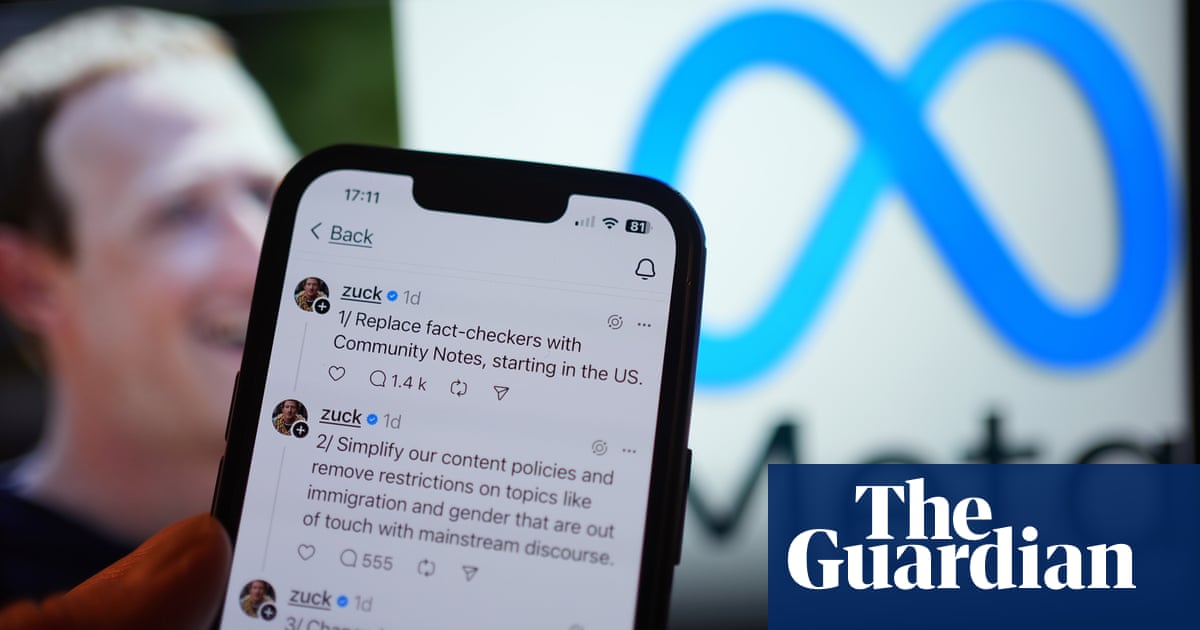Amid a glut of plays based on films, this is a canny proposition on paper. Writer Hefin Robinson has relocated a 2008 horror film from Pontypool, Ontario, to the Welsh town that the Canadian one was named after. He updates Tony Burgess’s original story, of a virus spread through words, so that it unfolds against the heightened anxiety of the Covid era. The film’s claustrophobic effect was aided by its use of a single location; the play keeps those confines and is staged by Dan Phillips in a studio space. But its main flaw is taking the same scattershot approach as the screen version, resulting in a grab bag of concerns about dangerous rhetoric, media responsibility, misinformation and othering in an age of rage.
Grant Mazzy (Lloyd Hutchinson) is a boorish shock jock who, after a scandal-hit career in England, is hosting a morning radio show in south Wales. His edgelord posturing is reined in by his producer (Victoria John) – “We are not GB News!” she shrieks – but humoured by their technician (Mali O’Donnell). Hutchinson’s Mazzy arrives in full gammon mode: joking about “snowflakes”, mocking trigger warnings and ridiculing pronoun badges as he holds court in the recording booth on designer Cory Shipp’s set. But in a small town where a missing cat provides a news item, Mazzy soon has more pressing concerns, as reports come in of babbling zombie-like hordes who have become infected by words in the English language.

Bruce McDonald’s film never fully elucidates that set-up which, even if horror thrives on the inexplicable, left an impression of pulled punches. The play overstates some possible reasons for the virus and half-suggests others. “Words have consequences,” warns the producer, berating Mazzy for incitement when his recklessness is already clear. The film hazily set the danger of speaking English against the security of using French instead, without much political or social context. Robinson gives deeper consideration to a community with two official languages, finding comedy in the characters’ desperate realisation that they’d be safer if they had kept up their Duolingo Welsh course. He also neatly develops a series of culture clashes both individual and organisational.
But the humour often displaces the horror in a script that could be tauter and would benefit from being staged without the interval. There is a realistic sense of workplace dynamics and Hutchinson is particularly commanding but the physical and verbal manifestations of the virus are not conveyed with sufficient impact. Even with the arrival of a doctor (Ioan Hefin) haunted by what he has seen outside, you never sense the characters’ terror nor feel it yourself. Sound designer Ben Samuels and composer Nicola T Chang provide a multilayered accompaniment yet do not find one particularly chilling effect to match the film’s unsettling score. After starting with a missing cat, Pontypool winds up as a shaggy dog story.
-
At Wales Millennium Centre, Cardiff, until 16 November

.png) 2 months ago
16
2 months ago
16













































